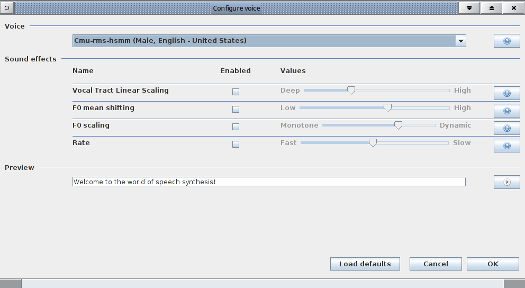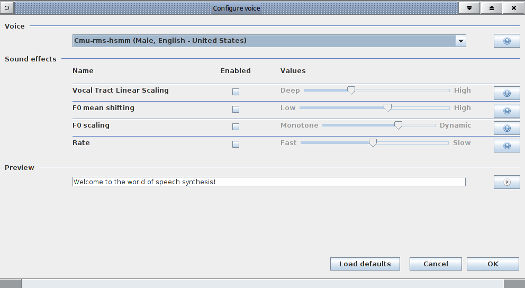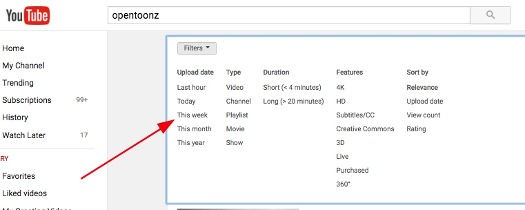The Video Screening Room
This movie trailer spoof sells a movie that’s definitely not coming soon to a theater near you. If it were, however, you can bet your booty it’d be released under a Creative Commons license.
When I found out that I was going to have the opportunity to substitute for Phil Shapiro for today’s video column, I jumped at the chance. Why? Because I want to share with you one of the great TV parodies that the JavaZone conference produces each year.
 In case you don’t know, since its beginning fifteen years ago, JavaZone has grown to be the largest independent conference for Java developers on the planet. The conference is held each year in Oslo, Norway, with this year’s event scheduled for September 7-8.
In case you don’t know, since its beginning fifteen years ago, JavaZone has grown to be the largest independent conference for Java developers on the planet. The conference is held each year in Oslo, Norway, with this year’s event scheduled for September 7-8.
You don’t have to be a big Java fan to really like these folks, for they are 100 percent — that means totally for those of you who have trouble with numbers — behind open source. For the past six years or so, they’ve produced annual video parodies of popular television shows, which over time have become increasingly lavish productions.
Christine Hall has been a journalist since 1971. In 2001, she began writing a weekly consumer computer column and started covering Linux and FOSS in 2002 after making the switch to GNU/Linux. Follow her on Twitter: @BrideOfLinux




 There are more than a few things that are unusual about Escuelas Linux. For one, although ultimately derived from Ubuntu, it’s not a first generation descendant on the Ubuntu tree, but traces it’s *buntu roots by way of Bodhi Linux. The distro also uses the Moksha desktop, which Bodhi developed after becoming unhappy with the direction that Enlightenment was taking.
There are more than a few things that are unusual about Escuelas Linux. For one, although ultimately derived from Ubuntu, it’s not a first generation descendant on the Ubuntu tree, but traces it’s *buntu roots by way of Bodhi Linux. The distro also uses the Moksha desktop, which Bodhi developed after becoming unhappy with the direction that Enlightenment was taking.






